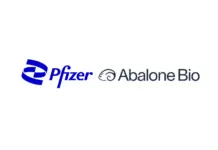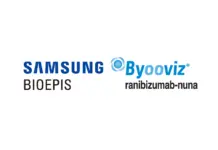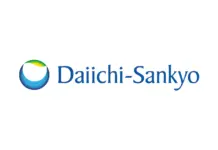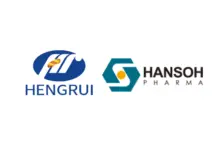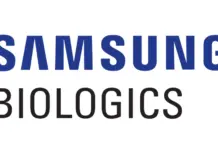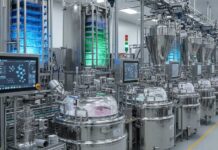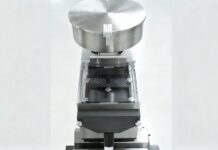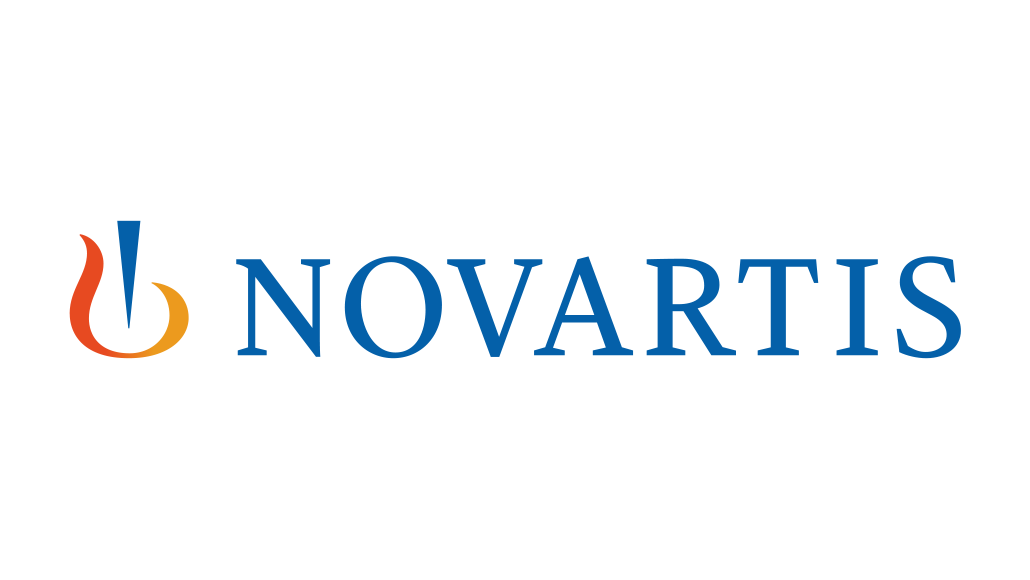- NEPTUNUS-1 and NEPTUNUS-2 achieved primary objective of reduced disease activity and provided clinically meaningful benefit
- Data showed consistent improvements across secondary outcome measures, and a favorable safety profile
- Novartis plans to submit to health authorities globally in early 2026
- If approved, ianalumab could become first targeted treatment for this heterogeneous, systemic autoimmune disease
Novartis today presented new ianalumab data in Sjögren’s disease, the second most prevalent rheumatic autoimmune disease, at a late-breaker presentation during the American College of Rheumatology Convergence congress.
Ianalumab 300 mg monthly delivered a clinically meaningful benefit in the global NEPTUNUS-1 and NEPTUNUS-2 Phase III trials, showing both improvement in disease activity and reductions in patient burden. Compared to placebo, ianalumab achieved a numerically greater reduction in disease activity by Week 16 with improvements sustained through Week 52 as measured by the EULAR Sjögren’s Syndrome Disease Activity Index (ESSDAI).
“Sjögren’s disease is a debilitating autoimmune condition affecting multiple organs causing a wide spectrum of symptoms such as dryness, fatigue, pain, and an increased risk of lymphoma – that together may create a substantial disease burden,” says Professor Xavier Mariette, Head of Department of Immuno-Rheumatology, Bicêtre Hospital, Assistance Publique – Hôpitaux de Paris, Paris-Saclay University, France. “The NEPTUNUS trials were the first Phase III studies in Sjögren’s in which a treatment significantly improved disease activity and demonstrated that ianalumab has the potential to provide a clinically meaningful benefit to patients.”
Ianalumab is a fully human monoclonal antibody with a novel dual mechanism of action that depletes B-cells and also inhibits their activation and survival via BAFF-R blockade. B-cell dysfunction plays a significant role in Sjögren’s disease by causing an autoimmune response that leads to inflammation and tissue damage.
“Today’s results reinforce our confidence that ianalumab has the potential to transform the treatment of this complex disease where no targeted medications currently exist,” said Shreeram Aradhye, M.D., President of Development and Chief Medical Officer at Novartis. “We look forward to working with health authorities globally to bring this innovation to people with Sjögren’s disease, the second most prevalent rheumatic autoimmune disease.”
NEPTUNUS study outcomes from 219 trial sites in 35 countries
The replicate NEPTUNUS trials showed statistically significant improvement in ESSDAI, the primary endpoint, at week 48 for ianalumab 300 mg monthly1. Numerical improvements were observed as early as Week 16, which were sustained throughout the study1.
Patients receiving ianalumab showed consistent numerical improvements in secondary outcome measures including:
- More patients with ESSDAI low disease activity
- Improvement in Physician Global Assessment
- Reduction in overall disease burden as early as Week 8 continuing to Week 52 as assessed by Patient Global Assessment
- Numerical improvement in dryness, pain and fatigue as assessed by Sjögren’s Syndrome Symptom Diary and EULAR Sjögren’s Syndrome Patient Reported Index
- Improvement of stimulated Salivary Flow (sSF) rate and oral dryness vs placebo in patients with sSF>0.4 mL/min at baseline, in a post-hoc analysis
Ianalumab 300 mg monthly numerically improved physician- and patient-reported outcomes. Nominal significance was observed in NEPTUNUS-1 and the pooled data set for PhGA and PaGA, as well as the number of patients achieving low disease activity based on ESSDAI in the pooled data set. The pooled and individual patient-reported secondary outcomes did not reach statistical significance.
The trial results showed favorable safety with an overall incidence of adverse events and serious adverse events comparable to placebo in both studies.









